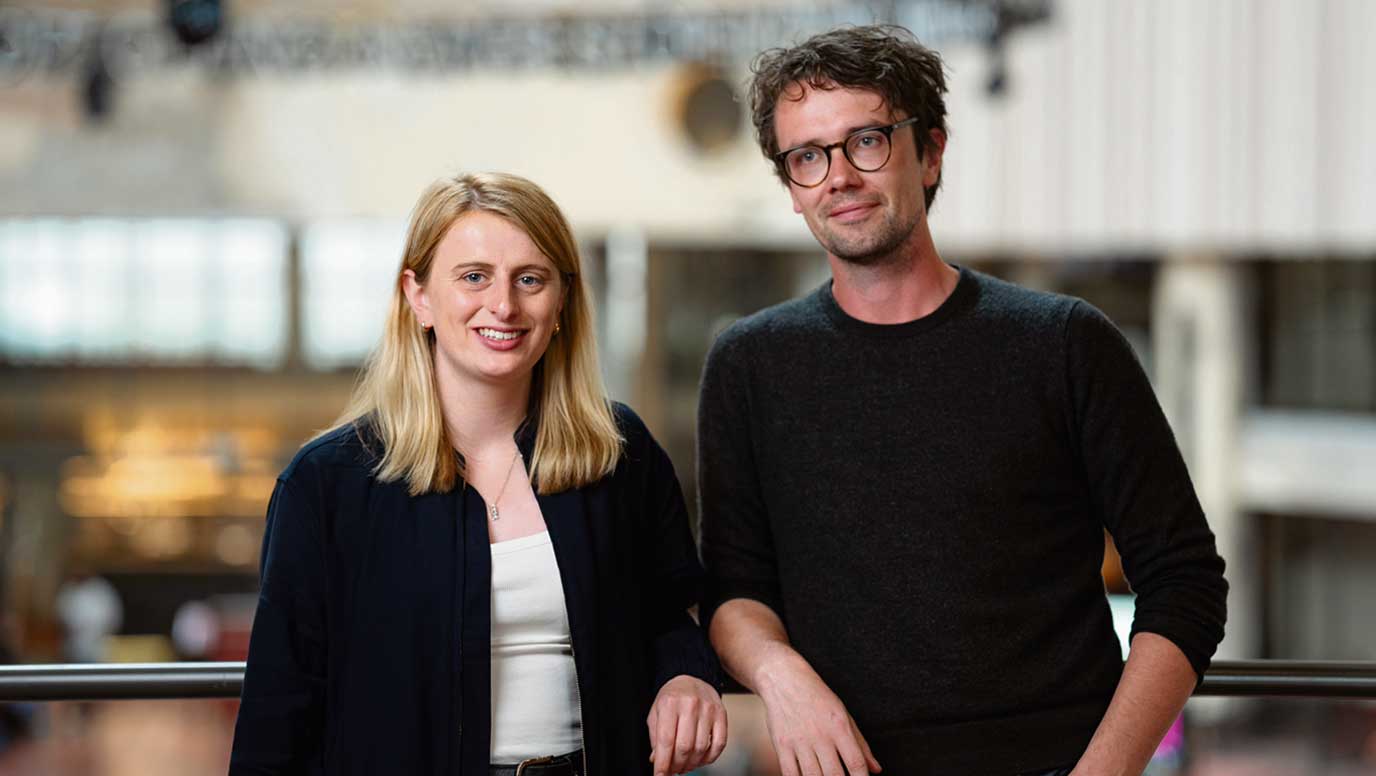BugBiome to test lead bioinsecticide in sugar beet trials with NIAB

The project will investigate the effectiveness of the bioinsecticide – the first from the company’s proprietary AvidX platform – against aphid infestation on sugar beet in controlled and field settings.
The partners will also optimise the product to improve efficacy and cost-effectiveness in the field. Field validation of the effectiveness of the lead product outside the lab will mark a major milestone for BugBiome as its sustainable crop control business matures.
Niab will lead the polytunnel and field experiment components of the project. Product development will include optimising stability of the bioinsecticide, which is important for competitive manufacture at scale.
The project will also investigate other markers of effectiveness and further develop commercial, regulatory and manufacturing strategies.
Aphid infestation in sugar beet, primarily through the transmission of virus yellows, can lead to up to 20 per cent yield losses, costing the UK industry more than £54 million annually.
BugBiome is backed by Cambridge Angels, Discovery Park Ventures, IndieBio/SOSV and AgVentures Alliance. Proceeds from its ongoing fundraising round will further support development and commercialisation of its lead biopesticide, as well as generation of a pipeline of follow-up products.
Dr Alicia Showering, CEO of BugBiome, said: “This Innovate UK grant enables us to accelerate field validation of our lead bioinsecticide and core AvidX platform technology outside of the lab, important milestones for the company. Compelling data on the field effectiveness of our first product will drive BugBiome’s commercialisation and partnering activities.”
BugBiome is a biotechnology start-up harnessing the power of microbes to create novel pest protection solutions to protect crops. Its proprietary platform (AvidX) screens microbes for insecticidal activity by combining microbial characterisation and insect behavioural understanding to classify bioinsecticides based on function, enabling rapid discovery and development of novel microbial pest control agents.
This approach aligns with the needs of modern agriculture while remaining committed to ecological balance and biodiversity conservation.

